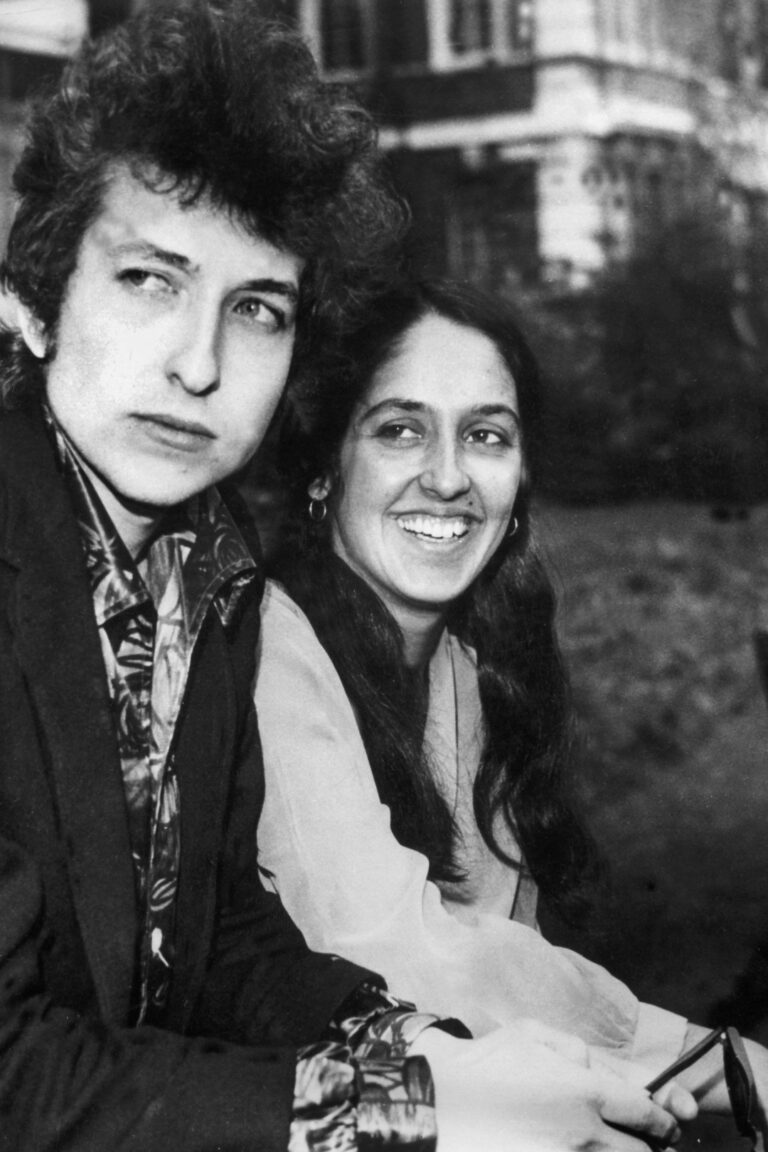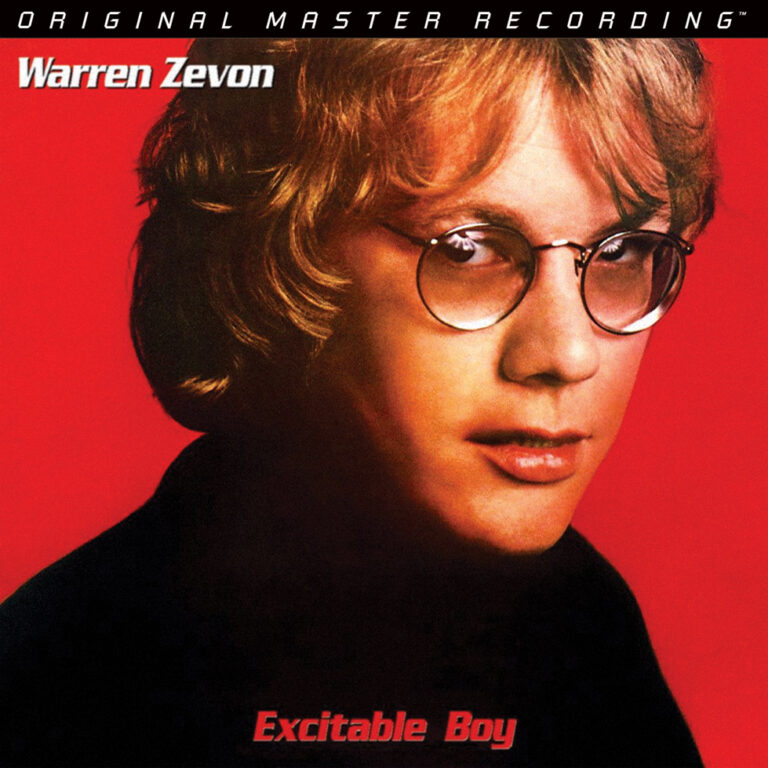
Introduction
Chance the Rapper, born Chancelor Jonathan Bennett, has emerged as one of the most innovative and influential figures in contemporary music. His unique blend of hip-hop, gospel, and R&B, along with his independent approach to the music industry, has not only garnered significant commercial success but has also sparked a cultural movement. As artists increasingly explore alternative distribution models and personal branding, Chance’s model continues to inspire a new generation of musicians.
Musical Journey
Chance’s rise began in 2013 with the release of his second mixtape, “Acid Rap,” which was both critically acclaimed and commercially successful. The project featured a blend of introspective lyrics interwoven with vibrant musicality, drawing from various genres. His authenticity and relatable storytelling resonated deeply with audiences, especially young listeners, establishing him as a thought leader in the hip-hop community.
In 2016, Chance released his third mixtape, “Coloring Book,” which took his career to new heights. It became the first streaming-only project to win a Grammy Award, demonstrating the changing landscape of music consumption. With this mixtape, Chance showcased the importance of faith and community, further solidifying his status as a voice of his generation.
Independent Success
Notably, Chance the Rapper is an artist who has embraced independence. Unlike many of his peers, he has chosen to forgo traditional record label contracts, opting to distribute his music freely through streaming platforms. This innovative approach was unprecedented and has encouraged other artists to consider similar paths, potentially shifting the dynamics of the music industry itself.
Social Impact and Activism
Beyond music, Chance is well-known for his activism, particularly in Chicago. He has been vocal about various social issues, including education and mental health. His philanthropic endeavors, including significant donations to public schools and mental health initiatives, showcase his commitment to uplifting his community. In 2020, he launched his non-profit organization, SocialWorks, aimed at empowering youth through the arts and education.
Conclusion
As Chance the Rapper continues to evolve as an artist and activist, his impact on the music industry remains profound. His innovative approach to music distribution, along with his commitment to social issues, prompts reflection on the future of the industry and what it means to be a successful artist in today’s world. As creativity and activism increasingly intertwine, Chance’s legacy will likely influence aspiring musicians for years to come.






